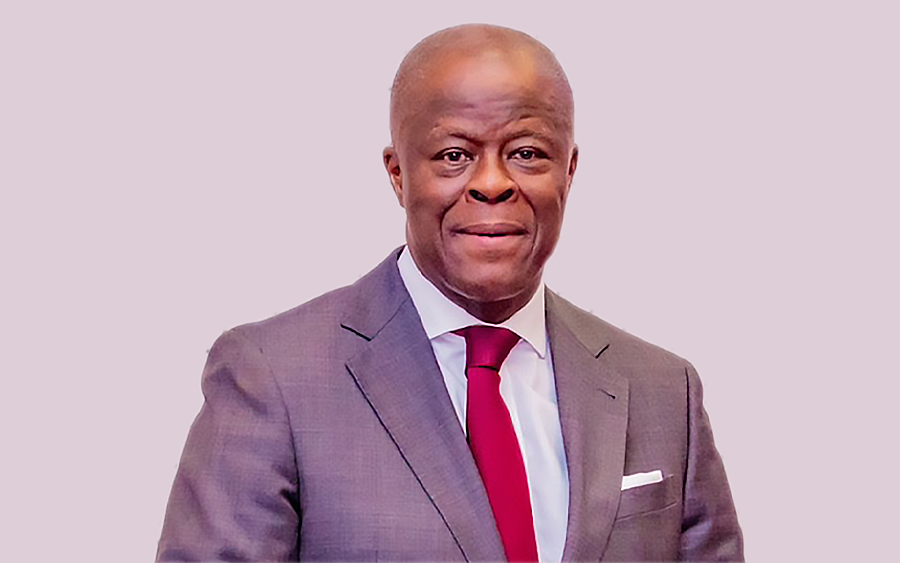Nigeria is the third-largest external debtor in Africa, accounting for 8 per cent of the continent’s total external debt, according to a new report by the African Export-Import Bank (Afreximbank).
The report, titled: “African Debt Outlook: A Ray of Optimism,” reveals that ten African countries collectively hold 69 per cent of the continent’s external debt, up from 67 per cent in 2023. South Africa leads the ranking with 14 per cent, followed by Egypt at 13 per cent, while Nigeria ranks third with 8 per cent. Others on the list include Morocco and Mozambique, each with 6 per cent, Angola with 5 per cent, Kenya and Ghana with 4 percent each, and Côte d’Ivoire and Senegal, both with 3 per cent.
Afreximbank attributed Africa’s high external debt to the limited development of domestic financial markets and rising global interest rates. The demand for foreign exchange to finance imports, alongside dependence on aid, concessional loans from multilateral institutions, and competitive credit from private lenders, has exacerbated external debt burdens.
The report highlights that Africa’s external debt has surged significantly since 2008, reaching $1.16 trillion in 2023, which represents 60 per cent of the continent’s total public debt stock. Projections indicate a rise to $1.17 trillion in 2024, with a continued increase to an estimated $1.29 trillion by 2028. The trend is largely driven by growing financing needs, fueled by population expansion and infrastructure demands.
Afreximbank noted that long-term debt dominates Africa’s borrowing structure, accounting for 75 per cent of total debt in 2023, compared to short-term debt at 15.9 percent and IMF debt at 8.9 per cent. Projections suggest long-term debt will continue to rise, reaching 76.4 per cent by 2028.
To reduce external debt burdens, the report recommends that resource-dependent countries diversify their economies to mitigate exposure to commodity price fluctuations. It advised Nigeria to expand investments in agriculture and manufacturing while suggesting Angola focus on renewable energy development.
The bank also urged African governments to adopt sustainable borrowing practices, reduce reliance on commercial debt, and strengthen debt management institutions to enhance transparency and accountability. Additionally, it emphasised the importance of social safety nets to protect vulnerable populations during economic shocks, citing Kenya’s pandemic-era cash transfer programs as an effective model.
Despite the challenges, Afreximbank noted that African debt levels are showing signs of stabilising in the medium term due to improving macroeconomic conditions, lower interest rates, and better access to capital markets. However, it called on governments to further reduce fiscal deficits, prioritise efficient public spending, enhance tax collection, and improve debt transparency to sustain economic recover.





